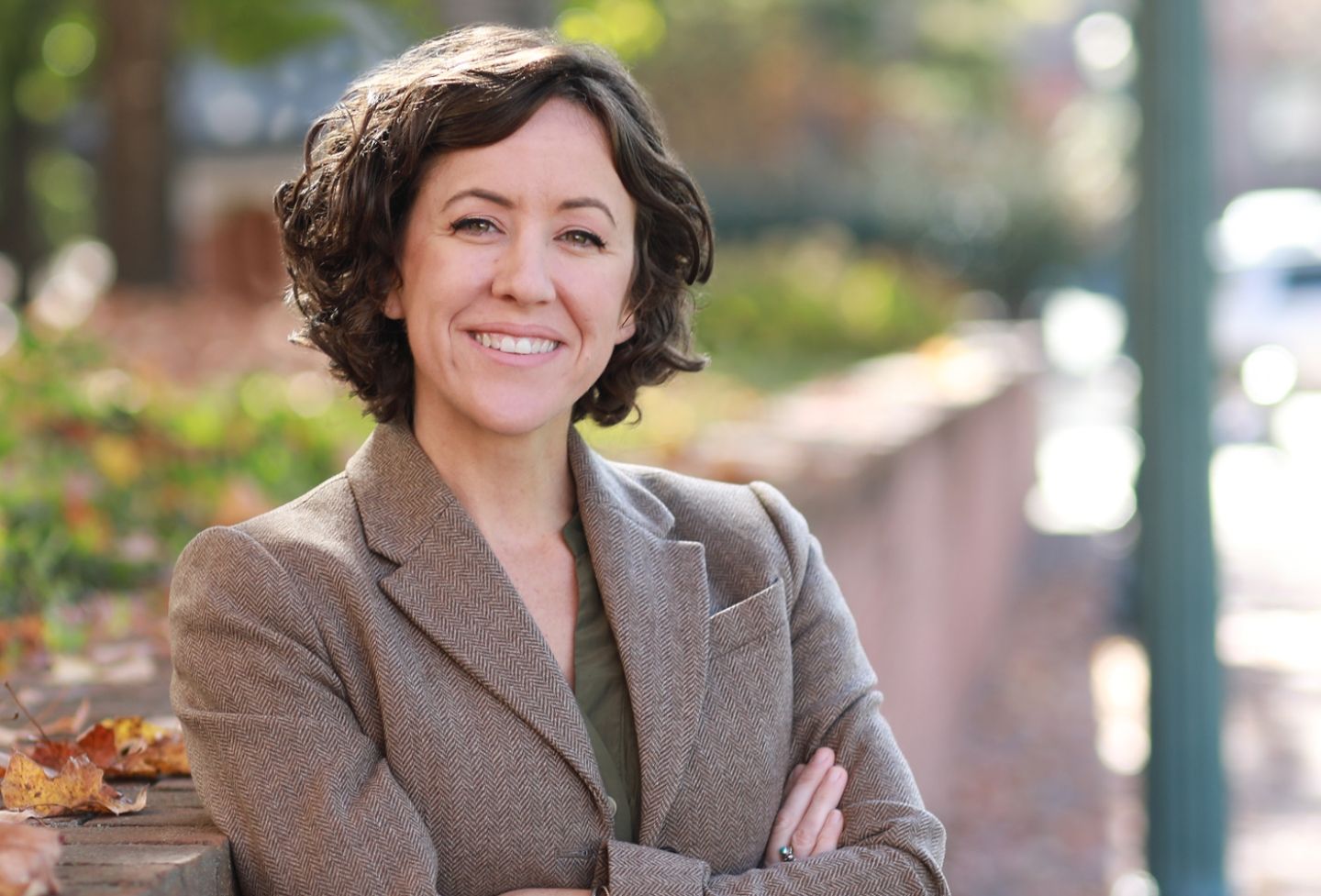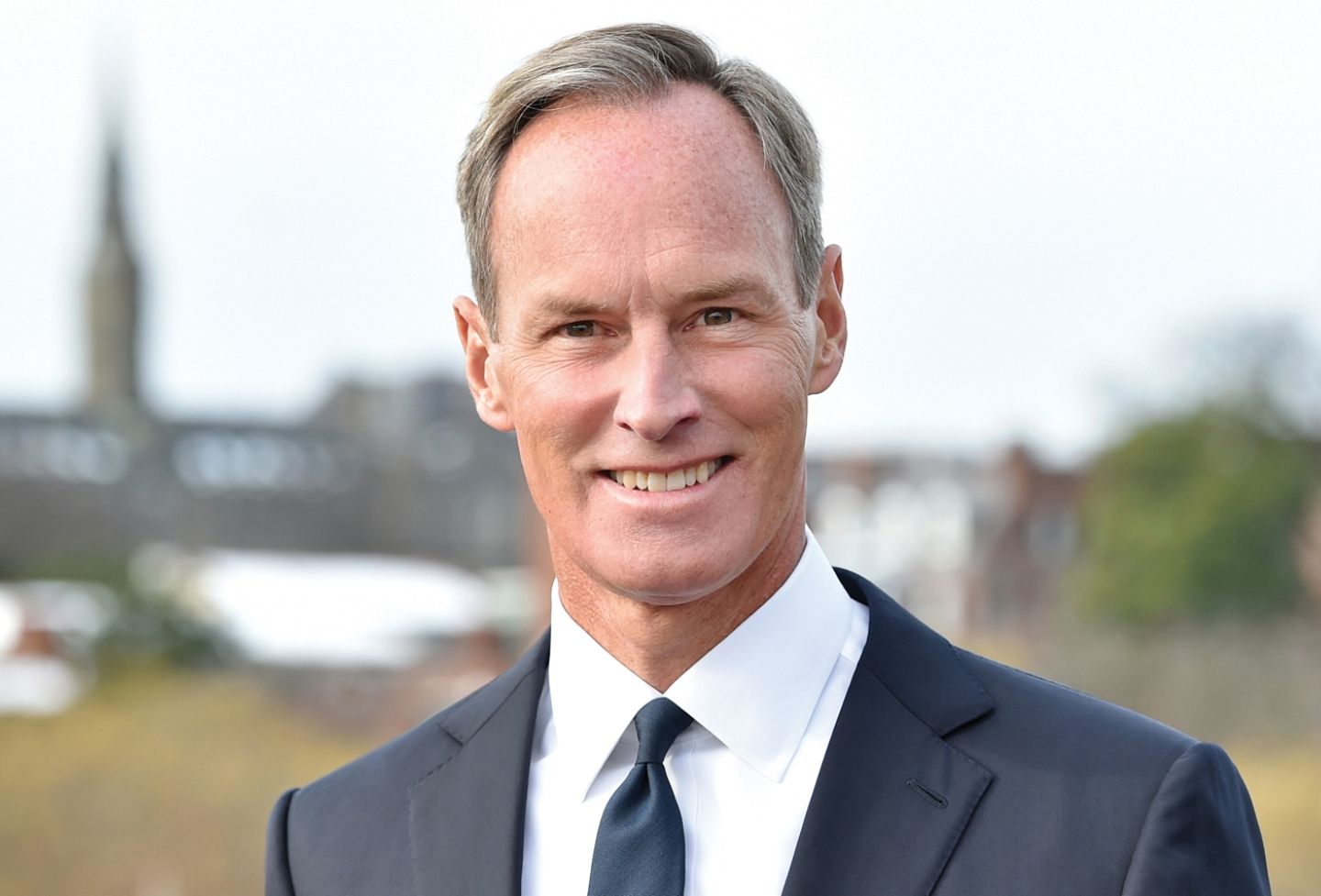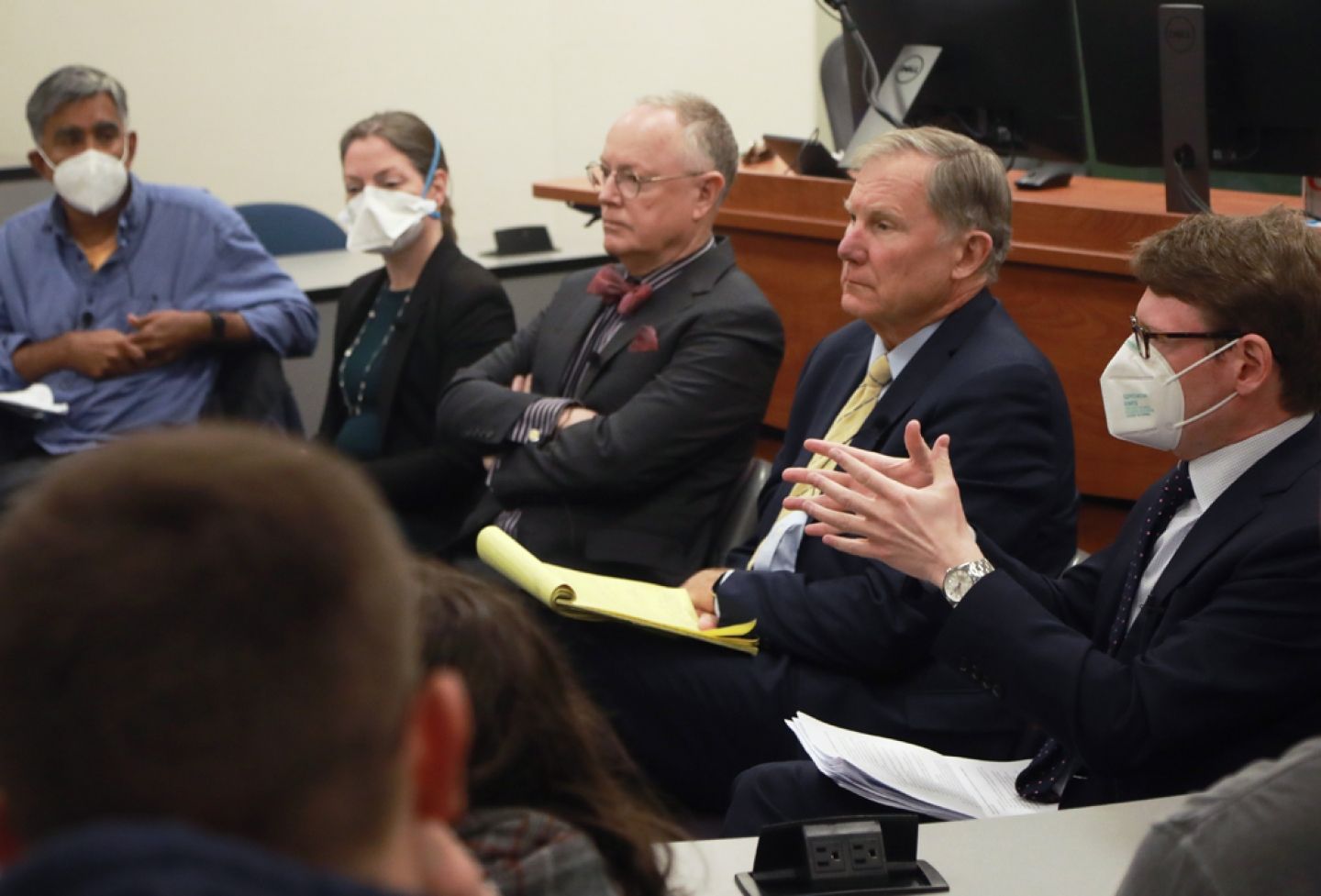Can you talk about cutting your teeth as a lawyer in the U.S. District Court for the Eastern District of Virginia?
This was the first federal court to which I was admitted, and I was encouraged by my law firm at the time to check the box on the admission application indicating that I would accept appointments under the Criminal Justice Act. I am so glad that I did, because almost right away I was in court arguing and trying both civil and criminal cases. I learned so much—and so quickly—about what it takes to be an effective and ethical trial lawyer in that forum. The Eastern District of Virginia already had garnered the reputation of being the “Rocket Docket,” and in that environment I developed a keen appreciation of the ancient maxim that “justice delayed is justice denied.” No gamesmanship, no foot-dragging, no excuses. Just work diligently and get your case ready for trial.
How did you end up going from the Old Dominion to Silicon Valley (and back)? What did you learn?
My legal career has been a journey in so many ways, including geographically. There came a point in my practice when I realized that my increasing focus on antitrust law, intellectual property law, and their intersection meant that I needed to gain exposure to burgeoning client issues and disputes in that cradle of high technology called Silicon Valley. I therefore somehow mustered the initiative and discipline to listen to bar review cassette tapes at night and sit for the California bar exam. During my time in Silicon Valley, I learned how challenging it can be for the law—and for lawyers—to keep up with technological innovation. I then came back East, to Washington, D.C., when an opportunity arose to enter public service. (Also, a few months later, the law firm I was with imploded and went into bankruptcy. But that’s a story for another day.)
You’ve served as an adviser and mentor both in and out of the workplace. Why is that important to you?
As a lawyer, I recognize and take seriously certain obligations that I owe to my profession and the public as “a public citizen having special responsibility for the quality of justice,” as described in the preamble to the ABA Model Rules of Professional Conduct. One such obligation is to improve our profession, and one way I fulfill that is through my service as a program director and faculty for the National Institute for Trial Advocacy, training fellow lawyers and legal professionals to be skilled and ethical advocates, which in turn improves our adversarial system of justice. Another obligation is to further the public’s understanding of and confidence in the rule of law, and one way I fulfill that is through my service as a writing tutor and a guest speaker on civics and government to high school students in my community.
You made the cover of Virginia Lawyer for your pro bono work. Tell us more about your efforts.
The Virginia Lawyer story concerned a legal proceeding that I helped a Virginia senior citizen to initiate, after encountering her issue on a virtual legal advice clinic called Virginia Free Legal Answers. Specifically, she did not have a birth certificate and needed one to renew her driver’s license. The Office of Vital Records in Richmond denied her request for a birth certificate because she did not have the required paperwork, and her only recourse was to petition a court, which we did successfully.
In addition to doing my share of pro bono work as a volunteer, I also contribute to closing the “justice gap” as an educator—training fellow lawyers who provide legal services to the underserved and underrepresented to be more effective advocates, and as a leader—championing the delivery of pro bono as a member of the ABA Standing Committee on Pro Bono and Public Service.
You have the last word. What do you want to say?
For me, the practice of law has truly been a calling, not just a job or a career. I credit the Law School for setting me on that path over three decades ago.



